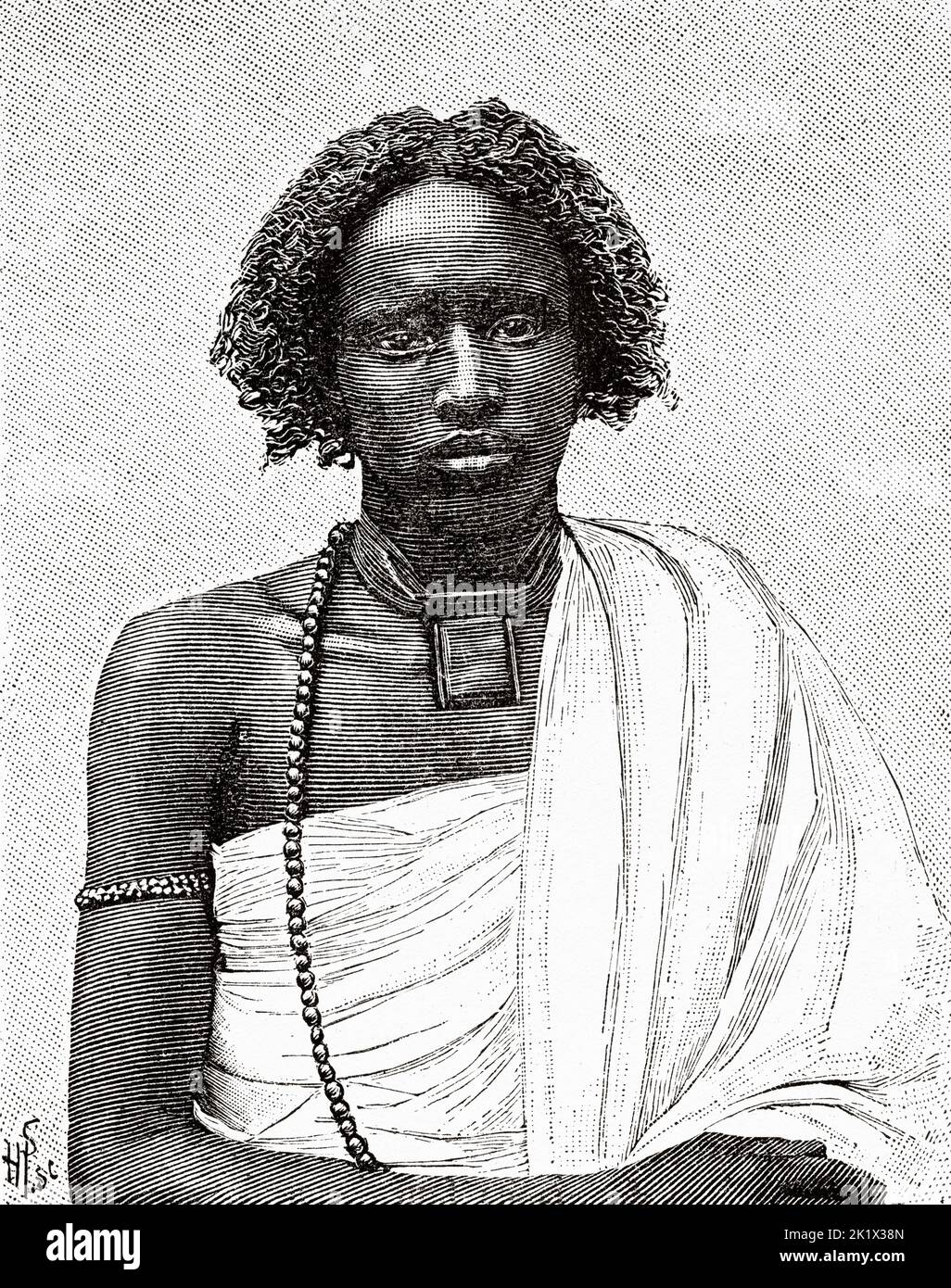Can the complexities of modernity truly coexist with autocratic governance? Jigjiga, the capital of Ethiopia's Somali Regional State, stands as a paradoxical emblem of this question. The city has undergone significant transformations over the past decade, blending rapid urban development with deeply entrenched political systems that favor centralized authority. This juxtaposition is not merely an academic curiosity but a lived reality for its residents. A bold statement emerges: while infrastructure flourishes under strict oversight, civic freedoms remain stifled.
Jigjiga's evolution mirrors broader trends in eastern Ethiopia, where politics have increasingly leaned toward authoritarian practices. The region's leaders have prioritized economic growth and infrastructural projects, often at the expense of democratic principles. For instance, roads now connect remote villages to bustling markets, yet dissenting voices are met with swift repression. Such dynamics raise critical questions about the balance between progress and personal liberties. Meanwhile, neighboring Somalia grapples with its own set of challenges, prompting further reflection on regional stability. Is Somalia safe for foreigners, particularly those from Western backgrounds? This inquiry becomes all the more relevant as global interest in the Horn of Africa grows.
| Bio Data & Personal Information | Career & Professional Details |
|---|---|
| Name: Ahmed Abdullahi | Occupation: Regional Governor |
| Date of Birth: January 15, 1968 | Years in Office: 2010 - Present |
| Place of Birth: Jigjiga, Ethiopia | Key Achievements: Expansion of road networks, establishment of new schools |
| Education: Bachelor’s Degree in Political Science | Challenges Faced: Criticism for restricting press freedom |
| For more information, visit the official Ethiopian Embassy website. | |
The relationship between Jigjiga and Mogadishu illustrates the intricate web of alliances and rivalries within the Horn of Africa. While both cities face distinct challenges, they share common threads of resilience and adaptation. In Mogadishu, April 2023 marked a pivotal moment as discussions around safety and security gained traction. The narrative shifts depending on perspective—some view it as a tale of recovery, while others see lingering instability. Nonetheless, the presence of expatriates like Sam from Cornwall highlights the potential for cross-cultural engagement. His experiences underscore the importance of nuanced understanding when evaluating safety in post-conflict zones.
Social media platforms such as Telegram have played a crucial role in shaping public discourse across the region. Wasmo Somali communities exemplify how digital tools can foster connection among diaspora populations. These online spaces serve multiple purposes, ranging from cultural exchange to political mobilization. However, their impact extends beyond mere communication; they represent a form of resistance against traditional power structures. As one user remarked, Wasmo ma tasho taas bey lacag ku heli lahayd, encapsulating the spirit of empowerment through shared knowledge.
In parallel, advocacy groups continue to push for greater representation and rights. Efforts by organizations based in Somaliland and other parts of the region aim to amplify marginalized voices. Their campaigns often leverage multimedia content, including blogs and social media posts, to reach wider audiences. One notable example is the Somali Desk Blog, which chronicles grassroots movements and policy developments. Such initiatives contribute to a richer tapestry of narratives, challenging monolithic portrayals of life in the Horn of Africa.
Feedly, a platform designed for businesses and individuals seeking real-time insights, offers another lens through which to examine these dynamics. Its AI-driven capabilities enable users to track emerging trends and analyze complex datasets. By aggregating information from diverse sources, Feedly provides valuable context for decision-makers and curious minds alike. Whether monitoring geopolitical shifts or assessing humanitarian needs, the platform serves as a vital resource for staying informed.
Within this landscape, subreddits dedicated to Somali issues gain prominence as forums for open dialogue. r/Somalia, for instance, invites participants to share perspectives on everything from history to current events. This collaborative approach fosters mutual learning and dispels stereotypes. Similarly, Wasmo Somali Blogspot showcases creative expressions that resonate with global audiences. From music videos to lifestyle tips, the content reflects the vibrancy of Somali culture.
Ultimately, the interplay between modernity and tradition defines much of what unfolds in Jigjiga, Mogadishu, and beyond. Each city navigates its unique path, balancing innovation with heritage. As external actors engage with these regions, fostering respectful partnerships becomes paramount. Only then can lasting solutions emerge, ensuring prosperity without compromising fundamental freedoms.




